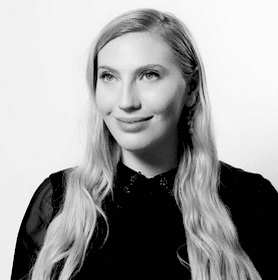
After clinical psychologist Niaz Khani saw her patients’ lives uprooted by the coronavirus pandemic, she started to offer free therapy to essential workers.
Khani, who has a private practice in Los Angeles, also runs the mental health program at Los Angeles’ Pierce College.
“After the shutdown began, we started working remotely and got a HIPAA-compliant video-conference set up,” Khani told the Journal. “Fortunately, we began seeing clients we already had. Since then, we’ve had lots of new clients reach out to us for therapy, to find ways to cope with the stress and adjust.”
She added, “I wanted to give something back to the essential service providers who are still going out and exposing themselves on a daily basis to the virus. So I started offering them free sessions.”
Ten free sessions per essential Californian worker, to be exact, via video conference. She said she already has had an enthusiastic response from patients and other psychologists who see it as a meaningful way to give back.
“I wanted to give something back to the essential service providers who are still going out and exposing themselves on a daily basis to the virus. So I started offering them free sessions.” — Niaz Khani
According to Khani, the mental health challenges essential workers are facing are unique, particularly because they have to go to great lengths to avoid infecting their families. “Going out and risking exposing themselves and going home where there are other additional restrictions like having to isolate themselves brings up loneliness, feelings of [being] overwhelmed, stress, panic,” she said. “There’s lot of pressure and maybe guilt [over] being out there providing for others, and in some ways not being as available to their own family members and partners because they have to be more careful and cautious.”
She added that although she’s treating patients going through the pandemic while she, too, is going through the pandemic, it actually brings her comfort.
“I find that even when people are feeling alone, you can offer another perspective or say, ‘I’m also in this,’” Khani said. “It’s not making it hard but normalizes it in a weird way.”























 More news and opinions than at a Shabbat dinner, right in your inbox.
More news and opinions than at a Shabbat dinner, right in your inbox.